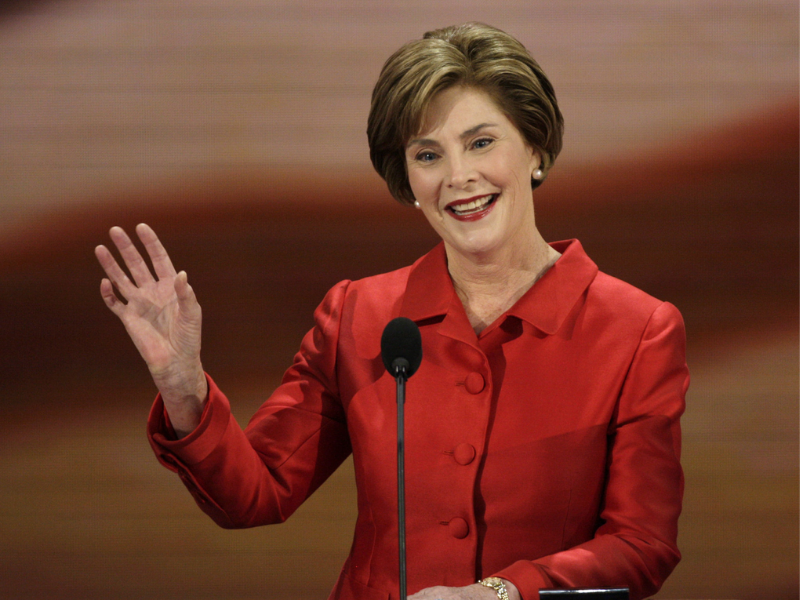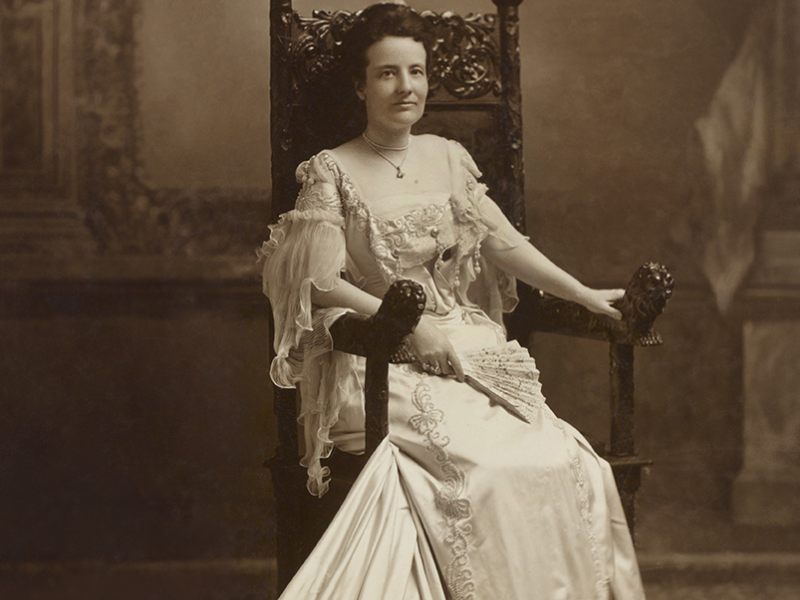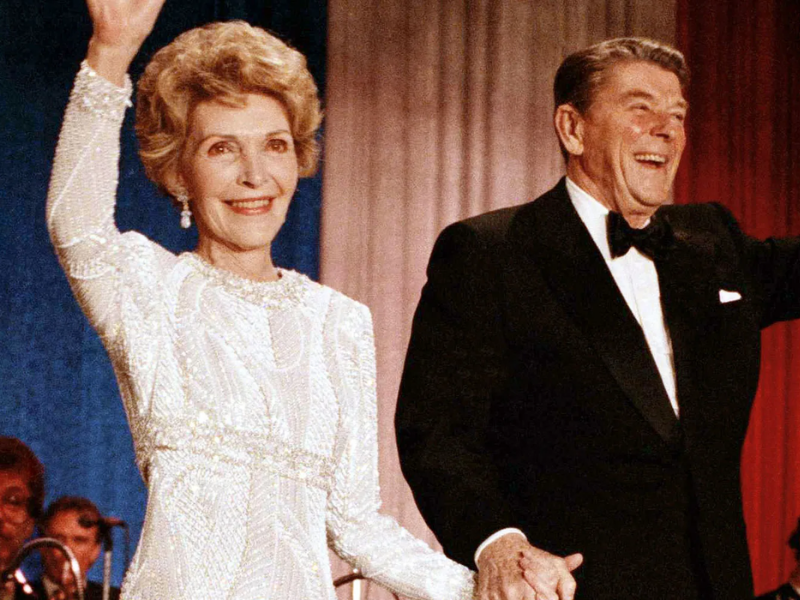Laura Bush
During her term as the First Lady, Laura Bush, the wife of George W. Bush, pushed reading programs (much like her mother-in-law) and backed the well-being of women around the world. She wasn’t as involved as some of her predecessors regarding political roles.
She has an academic background, having earned a Master’s degree in library sciences in 1973 and later worked as a librarian in Austin. Laura traveled to Europe on her own as a First Lady and spoke before the Senate on education.
She also arranged a national book fair with American writers and received accolades for her caring support of 9/11 survivors. In 2001, she made history as the first presidential spouse to deliver the White House weekly radio address, speaking about the Taliban’s abuse of Afghan women.

Source: pennlive.com
Edith Roosevelt
Edith Roosevelt, President Theodore Roosevelt’s second wife, was the first First Lady to hire a full-time social secretary and operate as an unofficial counsel to her husband. She was also the first First Lady to formalize some of her responsibilities.
Her responsibilities of convening a regular meeting of cabinet ministers’ wives to discuss moral standards and the acceptable level of party spending were seen as a level of control that some criticized as overbearing.
Edith lagged in leadership qualities. She stayed out of the spotlight during her husband’s presidential campaigns and was known for refusing to speak to reporters. Despite this, she is consistently ranked among the top third of all first ladies. She is remembered for major White House renovations like enlarging the family rooms and preserving posterity portraits of previous First Ladies and their china sets.

source: stone-thrower.com
Nancy Reagan
This former actress was instrumental in her husband Ronald Reagan’s ascension to the White House and his campaign preparation and personnel administration. She wanted the president to recapture a more glamorous persona after the Fords’ more “down-home” years.
She recruited Letitia Baldrige, Jacqueline Kennedy’s social secretary, to help recover that degree of flair. It was widely assumed that she had stretched the function of the First Lady into an “associate presidency.”
After her husband got shot in an assassination attempt, the media criticized her for wearing fashionable gowns, ordering an expensive refurbishment of the White House, and visiting an astrologist. She had a reputation for being a little out of touch.
While she utilized her position to raise awareness about drug usage, the public chastised the Reagan administration for cutting federal support for such programs. Nancy believed that raising awareness was more important than raising funds.

Source: harpersbazaar.com